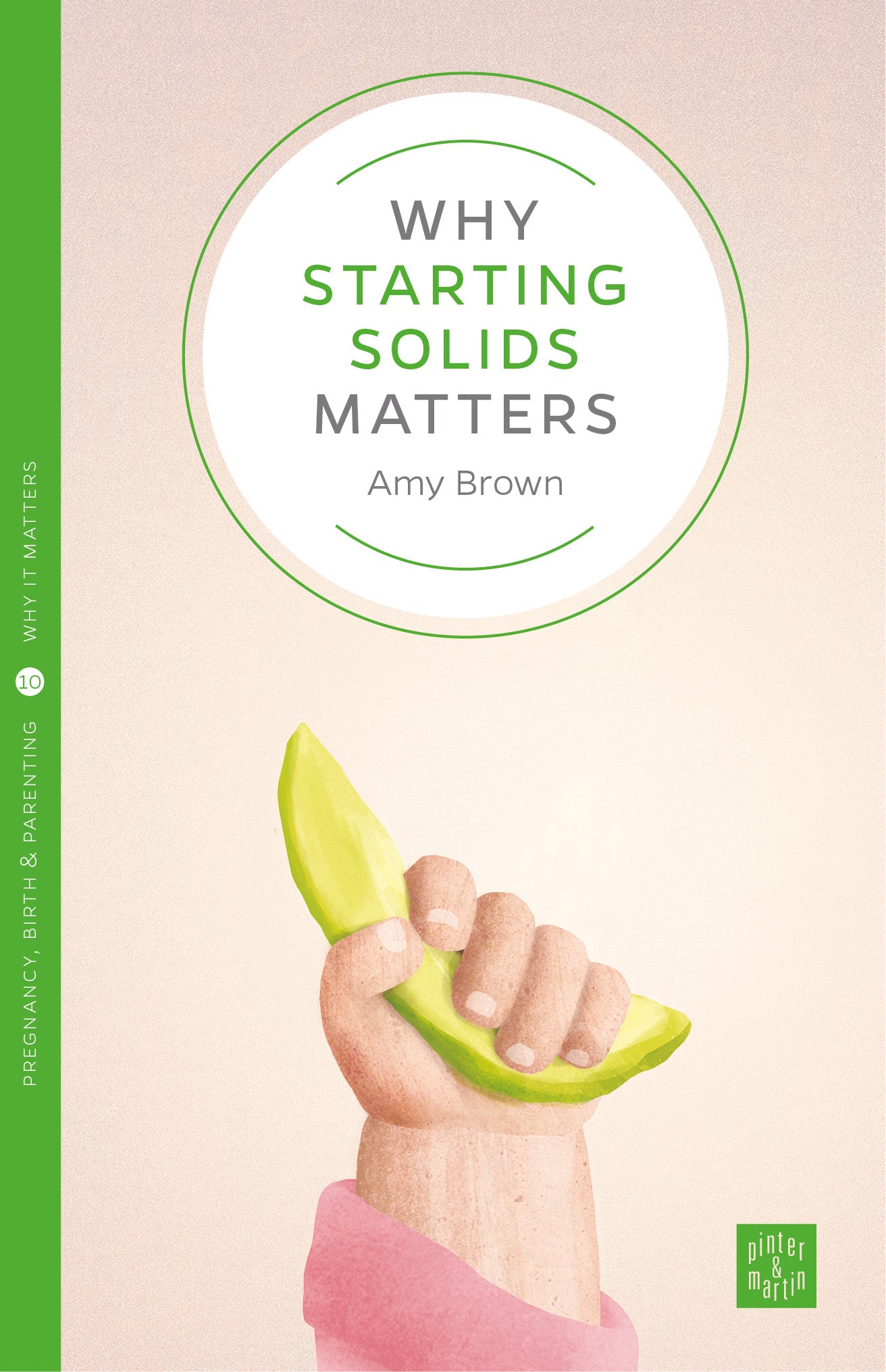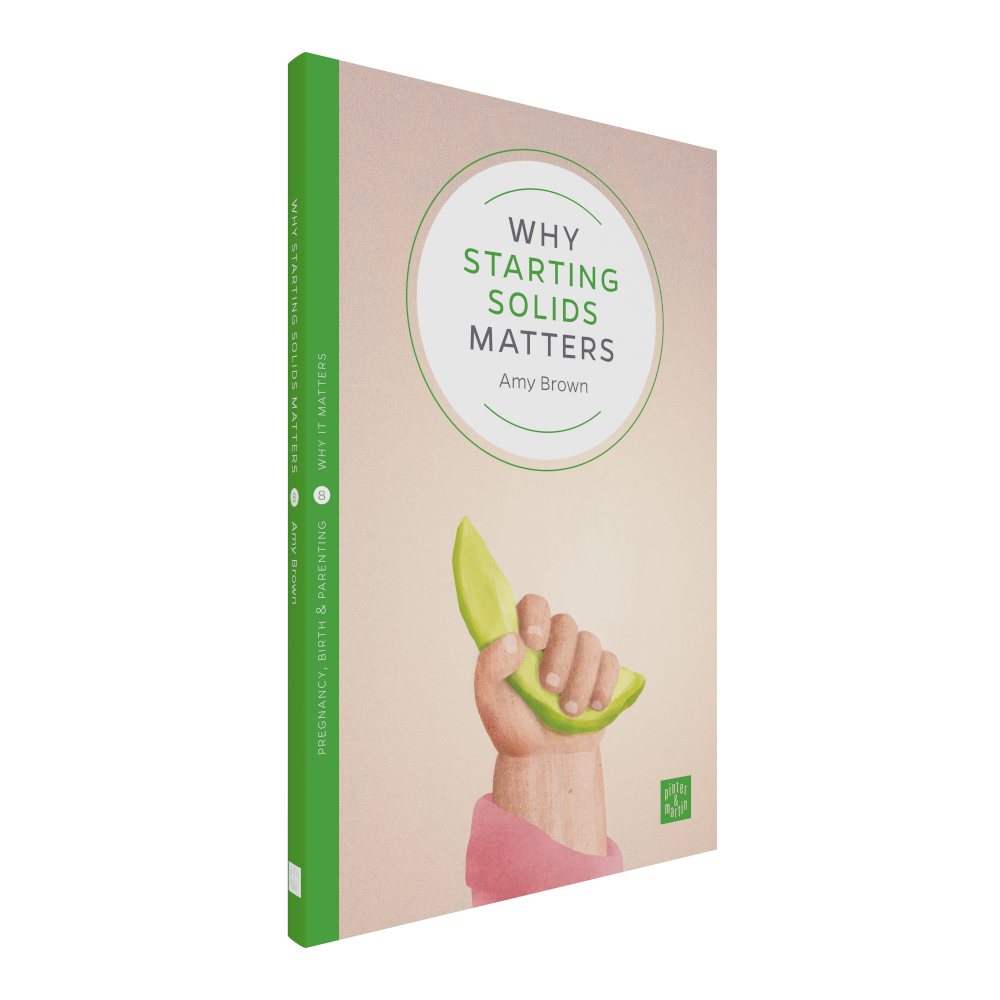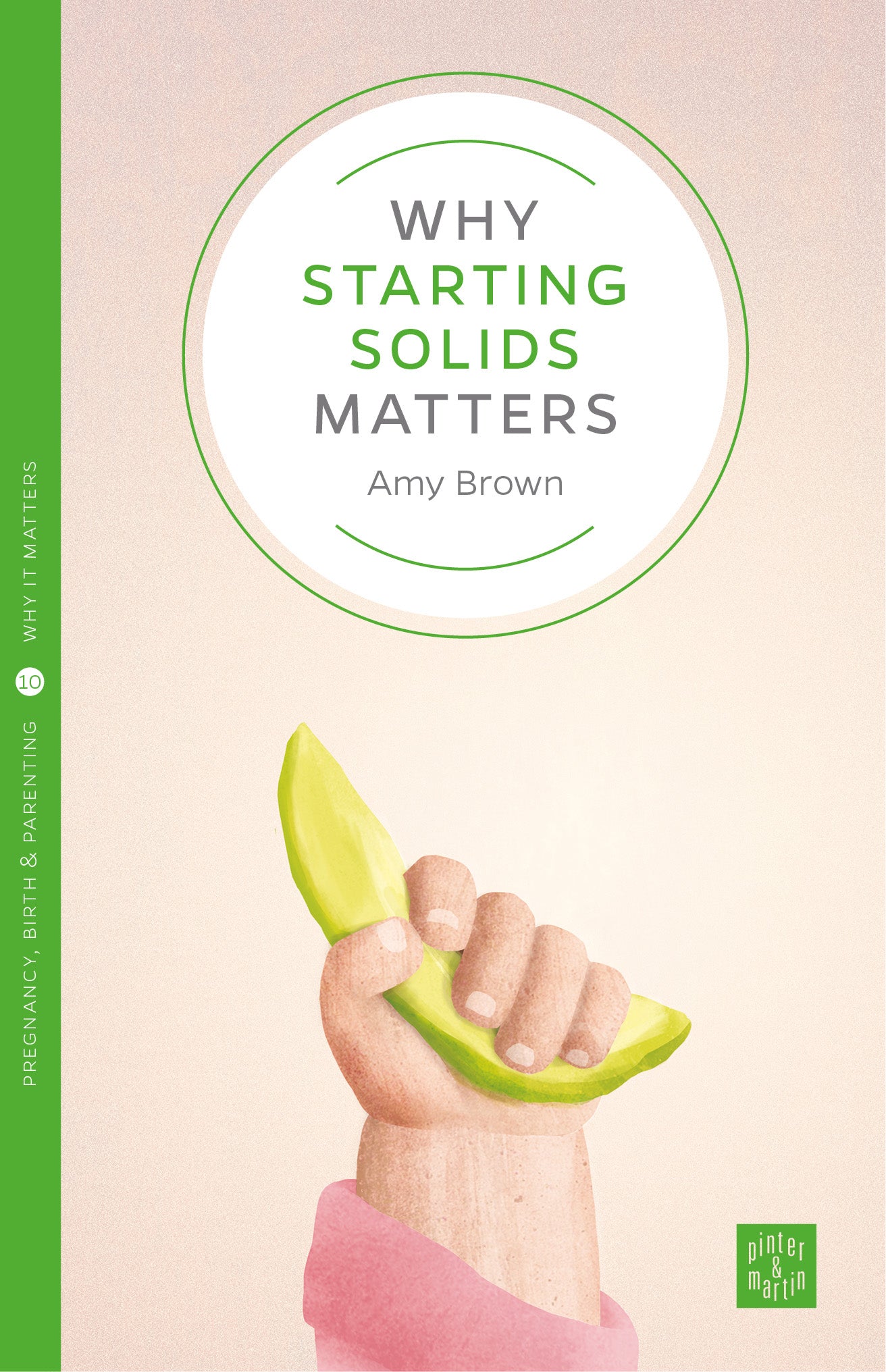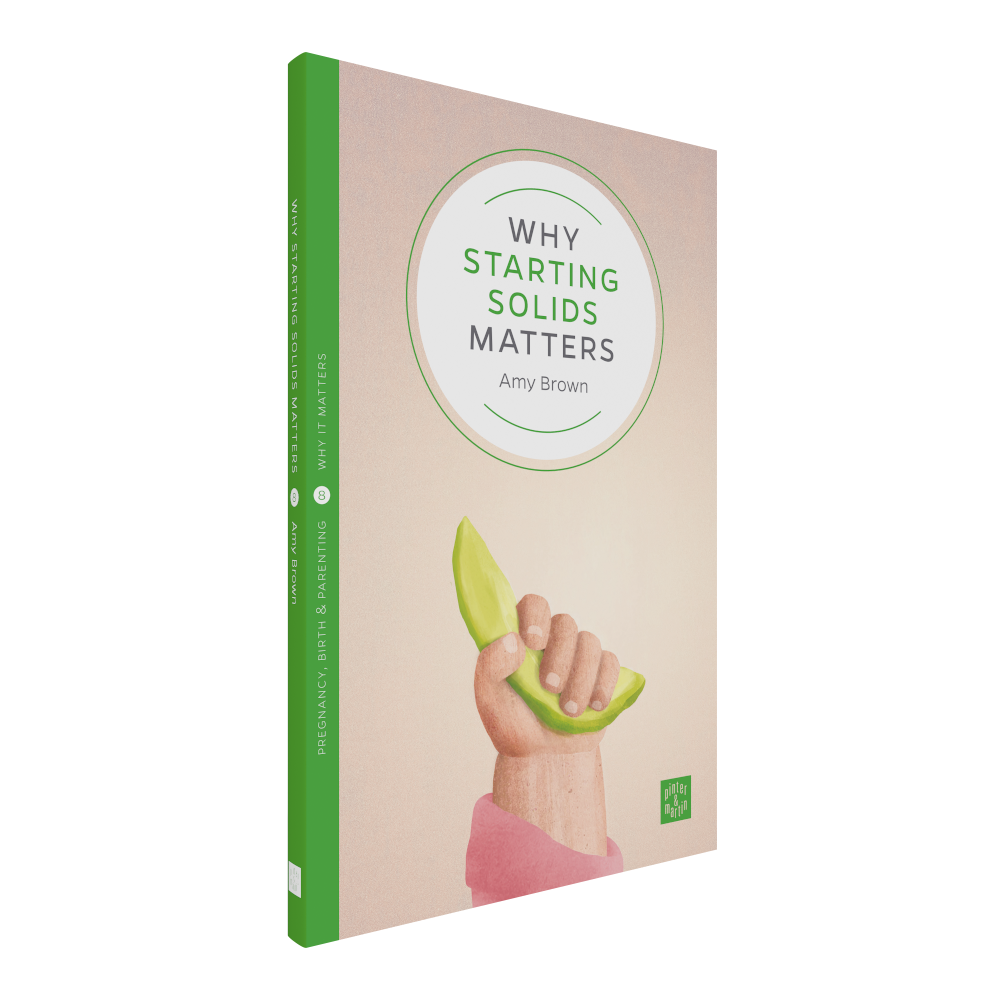Why it Matters
Why Starting Solids Matters
Why Starting Solids Matters
OFFER: 4 for 3 on all our books. We ship to the UK only. For other bookshops that stock our books see here.
Couldn't load pickup availability
How and when babies eat their first solid foods can bean exciting stage for new parents, but it can also bring confusion and anxiety due to conflicting advice and opinions. When should you start offering food to your baby? Which foods should you give, and how much? What about milk? And does any of this really matter?
Why Starting Solids Matters aims to help readers find answers to these questions by exploring the science behind the headlines. It provides a gentle introduction to the importance of the first year and beyond for the development of long-term healthy eating habits and weight, and is relevant when thinking about the diet of older children and even the rest of the family.
Share
ISBN:
Number of pages:
Published:
View full details



